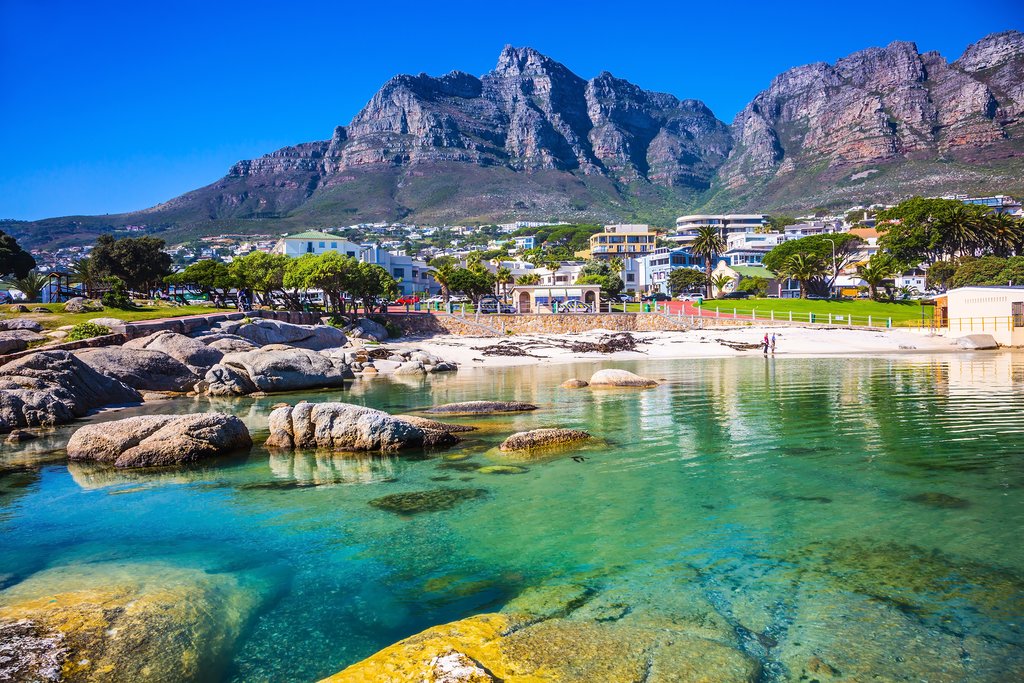Africa has long been a sought-after destination for leisure travellers and in recent years, a growing trend has emerged, demonstrating that business tourism in Africa is making significant contributions to the continent’s overall tourism GDP.
Africa, known for its breath-taking landscapes, rich cultural heritage, and diverse wildlife, has long been a sought-after destination for leisure travellers. However, in recent years, a growing trend has emerged, demonstrating that business tourism in Africa is making significant contributions to the continent’s overall tourism GDP.
In fact, tourism – both business and leisure – showed a sizable surge of 78.2% in the first half of 2023 on arrivals to South Africa when compared to the same period in 2022 with the latest reports showing that business spending represents a share of 43% of overall tourism contributions.
“This development reflects the increasing recognition of Africa’s potential as a hub for international conferences, conventions, and corporate events. This remarkable growth can be attributed to several factors that have combined to make Africa an increasingly attractive destination for business travellers,” says Devi Paulsen-Abbott, chairperson of the Association of African Exhibition Organisers.
According to Paulsen-Abbott, there are five key factors contributing to the rise of business tourism in Africa:
1. Infrastructure investment
African countries have made substantial investments in infrastructure development, such as modern airports, state-of-the-art convention centres, and top-notch hotels. These facilities have enhanced the continent’s capacity to host large-scale business events, conferences, and exhibitions.
2. Improved connectivity
Enhanced connectivity through expanded flight routes and airline networks has made it easier for international business travellers to access African destinations. Major airlines have increased their services to African cities, providing convenience for corporate travellers.
3. Political stability
The continent’s political stability in many regions has fostered an environment conducive to hosting international business events. This stability has increased confidence among organisers and attendees alike.
4. Economic growth
Africa’s emerging economies and growing middle class have attracted more business investment. As a result, the continent has become an attractive location for global companies to expand their operations, leading to an influx of business travellers.
5. Cultural diversity
Africa’s diverse cultures and unique experiences are increasingly incorporated into corporate events and conferences. This blend of business and cultural experiences adds to the allure of the continent.
As business travellers explore African destinations, they often extend their stays to explore the continent’s natural beauty and cultural heritage, contributing to the growth of leisure tourism as well.
According to the World Travel and Tourism Council, the travel and tourism sector contributed 7.6% to global GDP last year alone – an increase of 22% from 2021 and only 23% below 2019 levels – showcasing the contribution of business tourism on the global GDP.
Business tourism has also led to job creation and economic empowerment in local communities which has a ripple effect on various sectors, including hospitality, transportation, and local businesses, thereby fostering sustainable economic development.
“Industry experts and stakeholders see this trend continuing in the coming years, with Africa poised to become a premier destination for international business events. Governments and tourism authorities across the continent are recognising the potential of business tourism and are actively working to attract more conferences and conventions,” adds Paulsen-Abbott.
Africa’s rising prominence in the world of business tourism signifies a new era for the continent, one in which it plays a pivotal role in shaping the global business landscape while sharing its unique cultural and natural treasures with the world.
Source : Tunisia


